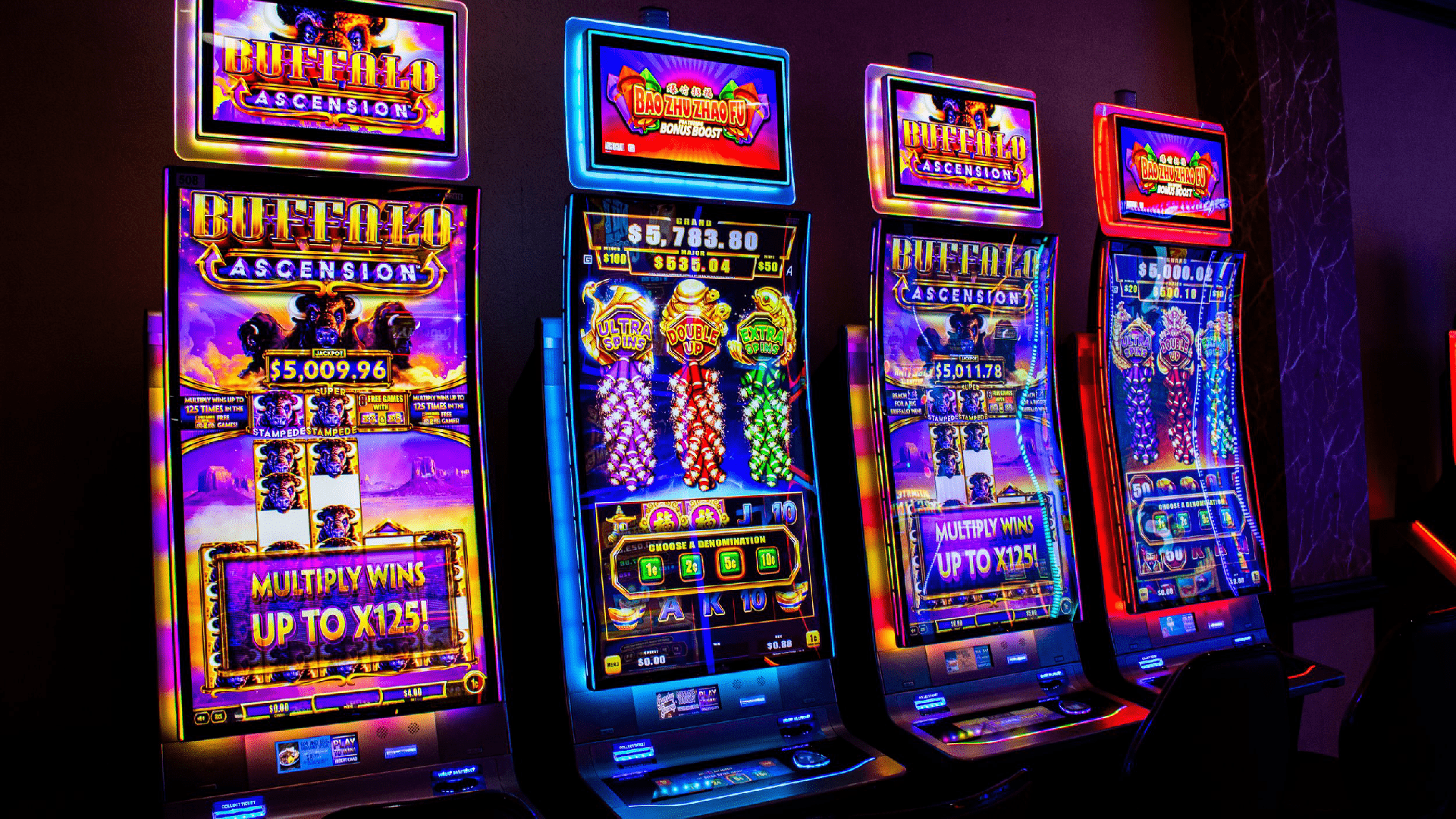Pennsylvania Casinos Petition State Supreme Court to Declare Slot Taxes Unconstitutional
Multiple casinos in Pennsylvania have requested that the state’s Supreme Court rule that the 48% – 54% tax imposed on their gross slot machine earnings is unconstitutional.
This week, the operators of 12 out of 17 brick-and-mortar casinos in Pennsylvania filed a petition for review, aiming for a declaratory judgment in their favor. The casinos emphasize that lower state courts have determined that the Pennsylvania Gaming Control Board (PGCB) lacks the legal power to oversee contentious skill games typically present in nonprofit clubs, restaurants, bars, convenience stores, gas stations, and various retail establishments.
Those judicial rulings have likewise prevented law enforcement from confiscating the machines and the Department of Revenue from imposing taxes on the games that resemble and function similarly to casino slot machines. The minor operational distinction among the games typically labeled “Pennsylvania Skill” is that the player needs to recognize a winning payline. A casino slot machine does this for the player automatically and distributes the winnings.
$1 billion on the line
The review petition arises as the Pennsylvania Supreme Court disclosed in June that it would examine an appeal made by state Attorney General Michelle Henry (D). Henry requested the high court to take into account a lower court’s view that skill games do not qualify as slot machines.
Last year, a Commonwealth Court affirmed the decision of the Dauphin County Court of Common Pleas, ruling that because a player’s financial results in a skill game involve not just luck but also skill, the Pennsylvania Gaming Act is not applicable.
Henry and various district attorneys argue that skill games are merely cleverly designed illegal and unregulated gambling devices. The casinos claim in their lawsuit that the state must apply a uniform tax to all gambling games.
"There is no basis for requiring licensed entities to pay about half of their slot machine revenue to the Commonwealth while allowing unlicensed entities to pay no tax on such revenue,” the complaint argues.
The operating firms of these casinos are part of the lawsuit: Hollywood Casino at Penn National Race Course, Hollywood Casino York, Hollywood Casino Morgantown, Hollywood Casino at The Meadows, Live! Casino & Hotel Philadelphia, Now Open! Pittsburgh Casino, Parx Casino, Parx Casino Shippensburg, Wind Creek Bethlehem, Harrah’s Philadelphia, Rivers Casino Philadelphia, and Rivers Casino in Pittsburgh.
Last year, casinos in Pennsylvania contributed approximately $1 billion to the state from their physical slot machines.
Tax Recommendations
The interests in skill games have requested to be taxed via legislation and offered a regulatory framework. Pennsylvania Governor Josh Shapiro (D) proposed a 42% tax during his budget speech in February. Bipartisan legislation currently held up in the Harrisburg capital as the legality of the games is determined has proposed a 16% tax.
The skill game lobby claims that its machines do not adversely affect the casino industry's revenue and offer additional income for small businesses, which has assisted in combating inflation and maintaining employment.
The PGCB announced in January that revenue from physical slot machines in 2023 reached $2.46 billion, marking a record peak that is 3% greater than the amount collected in 2022. However, Pennsylvania now hosts a higher number of slot machines than ever, following the opening of several new casinos in recent years. In January 2023, Parx launched its Shippensburg satellite casino.
Due to the state's elevated tax on slot revenue, the American Gaming Association claims Pennsylvania produces more government revenue from gaming terminals than any other state. That strong source of tax revenue is now at risk of being blocked if the Supreme Court sides with the plaintiff casinos, which argue that if skill games aren’t taxed, then neither should casino slots.





